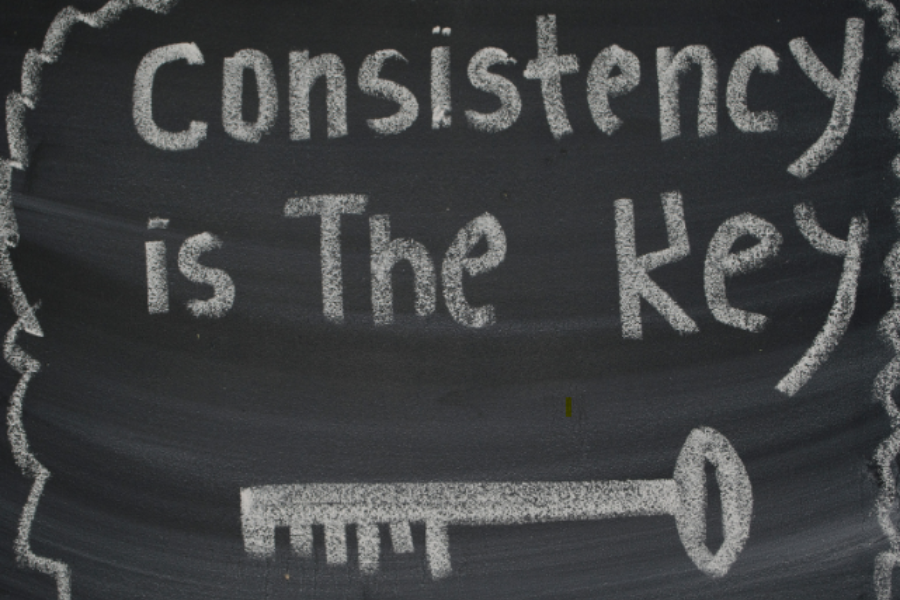Interviewing Skills For Hiring Managers
I know the usual content you might see on a recruitment company website is the flip side of this post; however, many hiring managers have roles that embrace multiple disciplines of which regular interviewing forms only a tiny part.
Interviewing is a skill and like all skills need practice in order to develop a level of expertise.
Therefore if you are a manager or a senior leader of a team where interviews are happening every week; is it time you reviewed you own interviewing skills?
In this weeks post, we share nine things to consider.
1. Make It Important

People can either make or break your organisation. Therefore interviews rank high on the level of strategic importance for any organisation. An article on InC. com sums it up well.
Every new employee you bring in to the business either raises the competence of the organisation as a whole (enabling you to grow and prosper) or lowers it (slowing the organisation down and imperceptibly dragging it toward decline and failure).
Therefore the hiring process you develop needs the same amount of input and attention to detail as any of the other elements of your strategic plan.
2. Interview Against The Job Description and Role In Question
I know this seems a logical thing to do. However, it doesn’t always happen. If your job description is asking for a self starter and an individual that is decisive; how will you identify this?
What questions will you ask or what scenarios will you build into your interview or assessment centre, that will uncover what you are looking for.
3. The Process Starts Before They Arrive
Your candidates will judge the whole recruitment process not only the interview itself. Ideally, you will be using a specialist agency who can ensure the candidate is fully prepared.
For a candidate it is important that they know what to prepare for, what car park to use and which building to enter. All simple things that show your professionalism, provided you keep your recruitment partner informed they can then keep the candidate up to speed.
4. Focus On Friendly Communication
Take yourself back to a time when you were interviewed for a role you really wanted. I suspect you were a little ‘up tight’ and tense at the start; weren’t you?
You probably also remember how good it felt to have a couple of friendly faces on the interview panel who asked a number of general questions. This helped you ease into the whole interview process and therefore perform at your best.
Great questions to ask can be anything from the weather, their journey or their interests. These are good questions to use because they are non threatening and easy to respond to, with no right or wrong answer.
The candidate after ten minutes or so has usually relaxed and is able to respond to the more probing questions you then ask.
5. Consistency is Key

Interview bias happens, and one easy way to remove it is to treat everyone the same. The best way to do this is to ensure you have pre-prepared questions that everyone is asked at the interview.
This will allow for consistency in the interview process and will provide a basis to compare candidates all measured against the same criteria.
Use open ended questions that encourage a response rather than a yes or no answer, e.g. who,what,where,when and of course the classic, “tell me about……”.
Remember candidates will be nervous even though they might hide it well. One question at a time rather than a barrage all at once works best.
Some candidates are more thoughtful than others so give them time to process and respond before jumping in and cajoling them with hints and clues.
6. Use A Competency Based Approach
Though you might want a great team player and someone that fits the general ‘vibe’ of your organisation, you also want your new hire to have the competencies that are vital to performing the job well. This is where a competency based interview will deliver for you. You can read more about it here.
A good candidate will be able to share with you examples of how they have demonstrated the various competencies you are looking for.
For instance, if improving processes is necessary for the role in question, think about how you will ask questions based on this competency.
7. Practice Make Perfect
If you want to get good at any skill then practice is the name of the game. Role play isn’t only for sales people. It’s well known in training circles that if a skill is practiced at least seven times, it starts to become familiar.
How about running through that list of questions you have developed with a colleague?
8. Make Notes

Though many people think they can remember everything that goes on or is said at an interview; it’s highly unlikely.
It is important that notes related to questions that are asked are important to ensure consistency. It’s useful to have a printed template where the question is followed by a space to write an answer.
As a recruitment veteran, I can tell you that after three or four interviews it’s easy to forget specifically who said what unless your note taking is good.
9. Use The Noah Principle (If Possible)
Though this isn’t always possible, interview with a minimum of two interviewers. If this can’t happen at first interview at least ensure this occurs at the second stage.
We all respond differently to different people and having two people at interview helps remove some elements of bias.
Need help with your interviews skills or recruiting process then do get in touch by calling our office on 01722 441 434 or email us here.
About First2Recruit
First2Recruit, are an owner managed recruitment consultancy providing a full recruitment service including; permanent and FTC positions in Accountancy Practice and Insolvency across the UK.